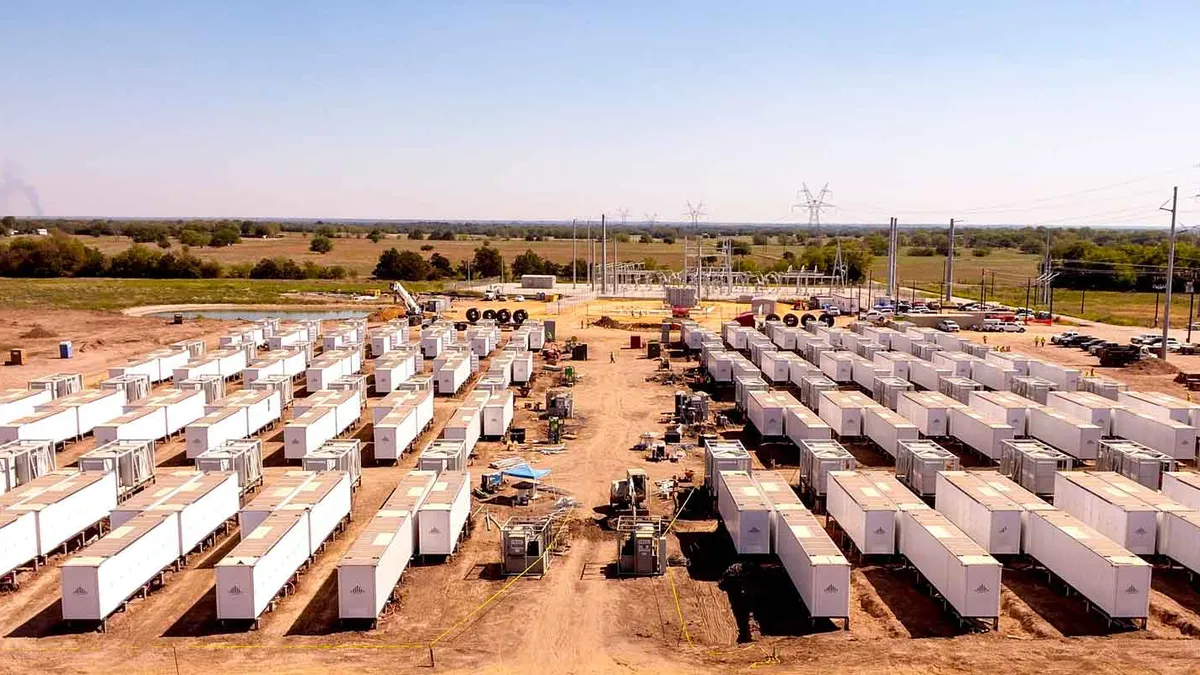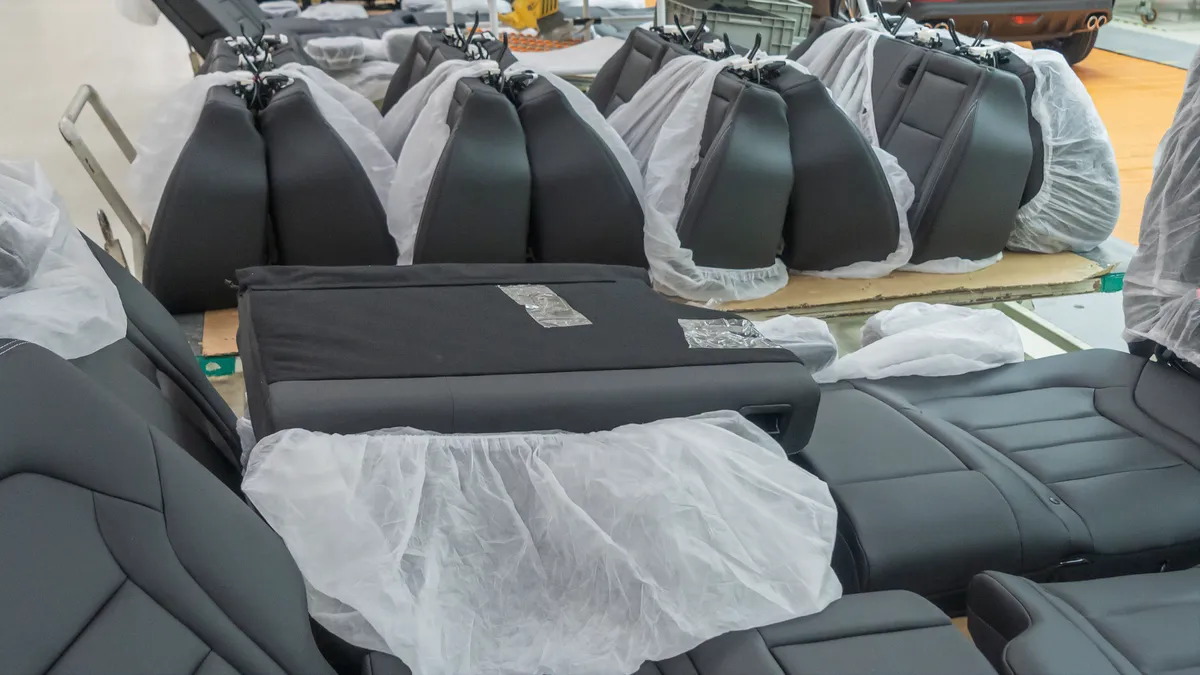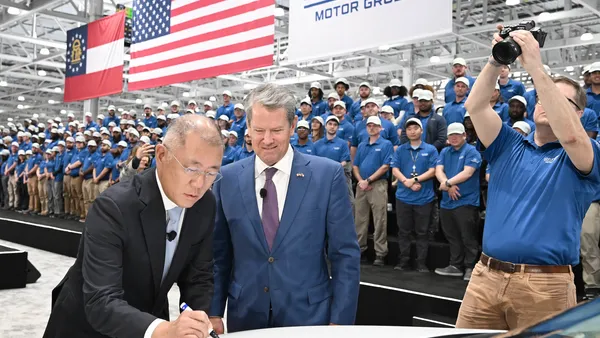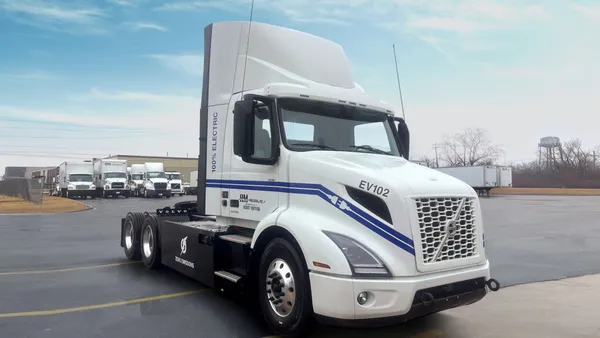The price of lithium-ion battery packs fell to a record low of $139/kWh this year, driven in part by increased production capacity across parts of the battery value chain, said BloombergNEF in a report last week.
Battery prices decreased 14% from 2022, after “unprecedented price increases” that year, said the report. They had reached $151/kWh in 2022 — the first time BNEF had seen an increase in lithium-ion battery pack prices since the firm first started tracking them in 2010.
In addition to new production capacity, the 2023 drop in cost was also thanks to falling prices for raw materials and components. At the same time, demand growth also “fell short of some industry expectations,” said BNEF.
“In the many years that we’ve been doing this survey, falling prices have been driven by scale learnings and technological innovation, but that dynamic has changed,” said Evelina Stoikou, energy storage senior associate at BNEF and the report’s lead author.
This year, the price drop can be attributed to the increase in production capacity along with unexpectedly weak demand, Stoikou said.
However, the industry is continuing to switch to a lower-cost cathode chemistry called lithium iron phosphate, BNEF said. Packs and cells using this chemistry had the “lowest global weighted-average prices, at $130/kWh and $95/kWh, respectively,” said the report.
The miners and metals traders surveyed by BNEF said they expect prices for key metals like lithium, nickel and cobalt to drop more in 2024, and as a result the report predicts that average battery pack prices will drop again next year — falling to $133/kWh.
“Technological innovation and manufacturing improvement should drive further declines in battery pack prices in the coming years, to $113/kWh in 2025 and $80/kWh in 2030,” the report said.
Yayoi Sekine, head of energy storage at BNEF, said that battery prices “have been on a roller coaster” over the last two years, and that the firm is “keenly watching” battery prices in the U.S. and Europe to see how they will be impacted by production incentives and increased regulation regarding critical minerals.
Though the Inflation Reduction Act offers a production tax credit for cells and packs, BNEF said the law’s impact on pricing “is not yet clear.”













